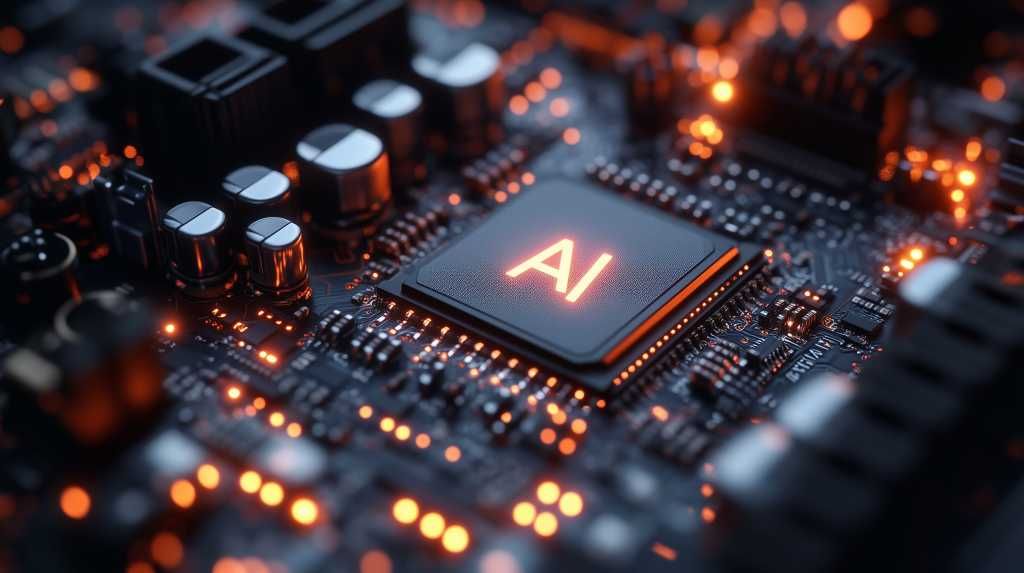Huawei Debuts Ascend 910D AI Chip in Bold Challenge to Nvidia Dominance

Huawei Accelerates AI Chip Race With Nvidia-Targeting Ascend 910D
Chinese tech giant Huawei has launched its Ascend 910D AI accelerator, directly challenging Nvidia's stranglehold on high-performance AI chips. First samples shipping this month mark China's most aggressive move yet to circumvent US semiconductor sanctions while powering next-gen AI applications.
Technical Breakthroughs
The 910D reportedly delivers 1.5x higher compute density than Nvidia's H100 GPU while consuming 20% less power, according to Fierce Network. Its hybrid architecture combines 7nm analog compute units with digital logic cores - an approach diverging from Nvidia's pure-digital design philosophy. Early benchmarks show 92% ResNet-50 training efficiency compared to H100's 89% Reuters.
Market Implications
Over 30 Chinese tech firms including Alibaba Cloud and Sensetime have joined the 910D testing program. Unlike Nvidia's export-restricted H20 chips, Huawei's design avoids US components entirely using domestic SMIC manufacturing. Analysts predict the 910D could capture 38% of China's $7B AI chip market by 2026 Business Insider.
Geopolitical Flashpoint
The launch comes as Nvidia warns of $5.5B revenue shortfalls from tightened US export controls Euronews. Huawei's vertical integration - from chip design (HiSilicon) to cloud services (Huawei Cloud) - creates China's first complete AI stack immune to Western sanctions. However, experts note the 910D still lags Nvidia's Blackwell Ultra in memory bandwidth (2.1TB/s vs 3.7TB/s) Precedence Research.
The New AI Cold War Frontier
This development fractures the global AI hardware landscape, with Huawei now positioned to dominate emerging markets through BRI partnerships. As Nvidia invests $500B in US manufacturing Thred, the stage is set for a protracted semiconductor showdown reshaping tech alliances worldwide.
Social Pulse: How X and Reddit View Huawei's AI Chip Gambit
Dominant Opinions
- Pro-Competition Optimism (50%):
- @AI_Strategist: '910D proves innovation thrives under constraints - finally real competition for CUDA ecosystem'
- r/MachineLearning post: 'Our Beijing lab got early access - performs surprisingly well on Llama-3 fine-tuning'
- Technical Skepticism (30%):
- @SemiconductorAnalyst: 'No HBM4 support = dead end for trillion-parameter models. Still 2 generations behind Blackwell'
- r/hardware thread: '7nm vs TSMC 3nm - the math doesn't add up for long-term scalability'
- Geopolitical Concerns (20%):
- @TechPolicyWatch: 'This accelerates balkanization - expect EU/US to block 910D-powered AI imports on security grounds'
Overall Sentiment
While many welcome reduced Nvidia dependency, doubts persist about Huawei's ability to sustain innovation without Western IP. The 910D's real test begins when mass production starts in Q3.